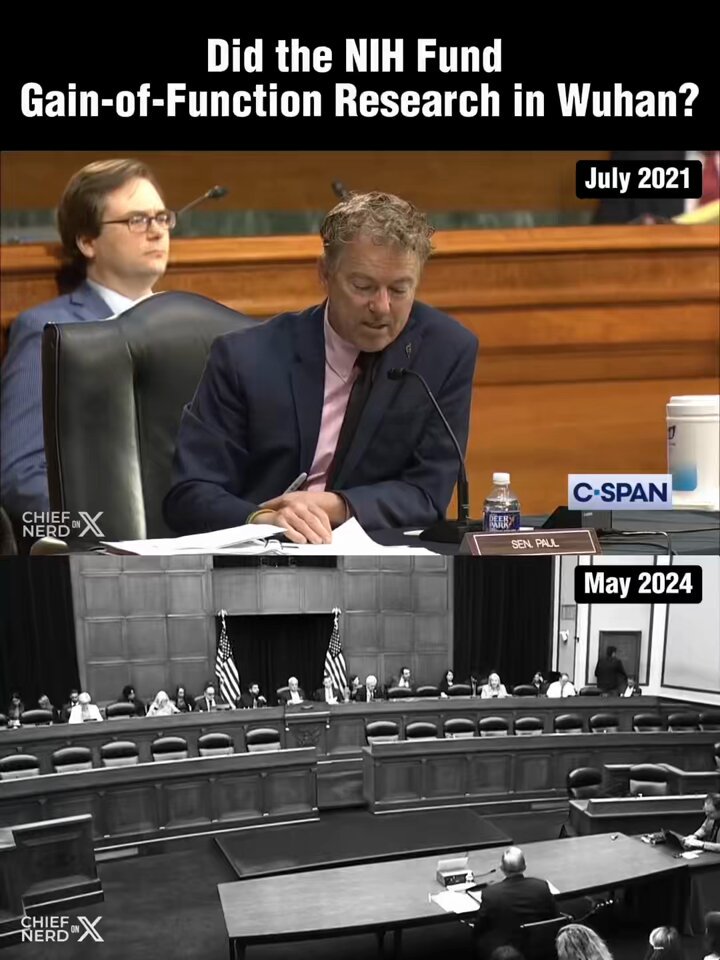Chief Nerd
@TheChiefNerd
·
589d
The statement engages in public discourse as it discusses the controversial topic of gain of function research and its implications in the context of COVID-19, touching upon issues of transparency, accountability, and international relations. The statement questions the focus of investigations and criticizes the handling of the situation, suggesting a bias or a lack of thorough investigation.
- The statement does not directly cause harm but could contribute to spreading unverified claims or fostering divisive sentiments.Principle 1:I will strive to do no harm with my words and actions.
- The statement respects privacy but challenges the dignity of entities by suggesting negligence or misconduct without clear evidence. [-1]Principle 2:I will respect the privacy and dignity of others and will not engage in cyberbullying, harassment, or hate speech.
- The statement lacks a tone of empathy and understanding, focusing more on criticism and skepticism. [-1]Principle 3:I will use my words and actions to promote understanding, empathy, and compassion.
- The statement engages in a form of dialogue but leans towards skepticism and criticism without fostering constructive or respectful discourse. [-1]Principle 4:I will engage in constructive criticism and dialogue with those in disagreement and will not engage in personal attacks or ad hominem arguments.
- The statement attempts to use influence to question and potentially correct what the speaker sees as misinformation or misdirection, but it does so in a manner that might not clearly benefit society.Principle 6:I will use my influence for the betterment of society.
- The statement uses the platform to raise important questions but might not be doing so with full responsibility and integrity, given the contentious nature of the claims and the lack of substantiating evidence. [-1]Principle 7:I will uphold the principles of free speech and use my platform responsibly and with integrity.
